Matthew Dicks's Blog, page 295
October 23, 2016
Professional Mini Golf: Competitive, cutthroat, and quirky?
This is not meant at a slight in any way, but it strikes me that the men and women who play professional mini golf would fit perfectly into any one of my novels.
October 22, 2016
Wardrobe malfunction
Charlie: Dad, you took off my pajamas, and then you put on other pajamas.
Me: Those are pajamas?
Charlie: Where's Mom?
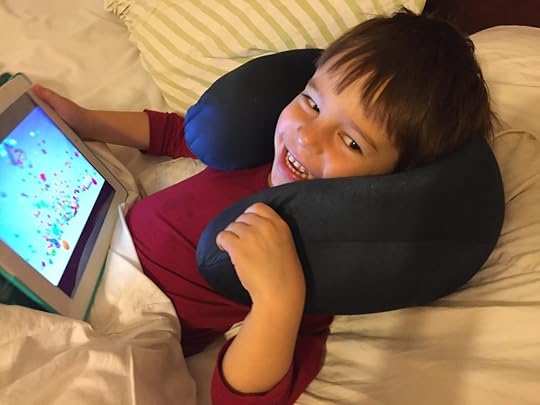
October 21, 2016
Great first sentences (and an analysis of the first sentences of my own novels)
I have no definitive favorite first line of a novel, though I am partial to the first line of Slaughterhouse Five:
"All this happened, more or less."
Also, Fahrenheit 451:
"It was a pleasure to burn."
Of all my books, I like the first sentence of Chicken Shack, my unpublished novel that will hopefully see the light of day someday, the best:
"They tried not to receive corpses on the same day as chicken, but since it was impossible to predict when a logger might fall from his bucket truck and break his neck, the two deliveries occasionally coincided."
I like to think that it works well because it’s unexpected and a little mysterious but contains enough specificity to make the initial image real for the reader. Why chicken and corpses would arrive anyplace on the same day is strange, but the specific image of the logger’s fall is enough to also establish the reader within the story.
At least I hope.

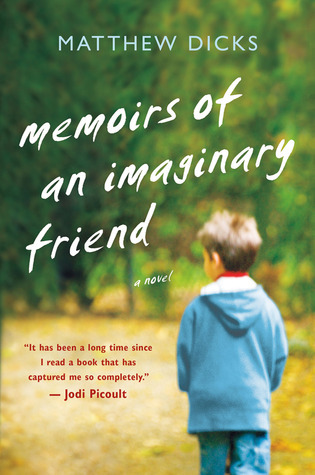
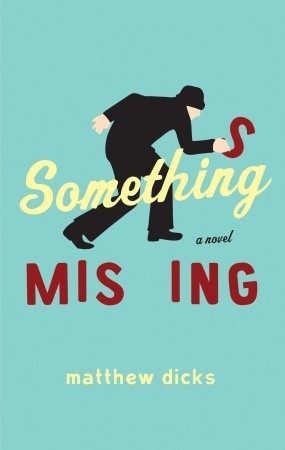
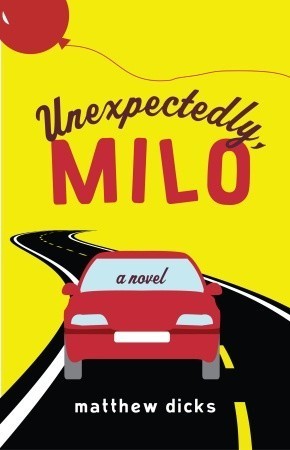
I also like the first sentence of Unexpectedly, Milo:
"The moment that Milo Slade had attempted to avoid for nearly his entire life finally arrived under the sodium glow of a parking lot florescent at a Burger King just south of Washington, DC along interstate 95."
Again, the sentence contains that combination of mystery and specificity that I like. The moment that Milo has been trying to avoid for his entire life is left undefined, but the setting is clearly established. In doing these two things simultaneously, I like to think that I both intrigue and ground the reader in the story at the same time.
However, this sentence was not originally the first sentence of the book. Prior to the addition of the prologue, this sentence appeared closer to the end of the book than the beginning. The original first sentence was:
"When he spotted the video camera the first time, sitting on the end of the park bench beneath the dying elm, Milo didn’t take it."
While I like the new first sentence better, this isn’t bad. The use of the phrase "the first time" lends an air of mystery, yet I again attempted to make the specifics of the scene (park bench beneath the dying elm) clear to the reader.
The first sentence of Something Missing reads:
"Martin opened the refrigerator and saw precisely what he had expected."
I don’t like this one nearly as much, but it accomplished the goal at the time. Compared with the other two books, I put in significantly less thought into the first sentence of Something Missing, but my intention was to begin with action, knowing how much of the story would take place within Martin’s head. I also revised the sentence much later to include the words precisely and expected, knowing how appropriate they are to Martin’s character.
The first sentence of The Perfect Comeback of Caroline Jacobs is a good one, too:
"Caroline Jacobs rose, pointed her finger at the woman seated at the center of the table reserved for the PTO president and her officers, and said it."
Truthfully, though, it's really the first paragraph as a whole that works well. The first sentence contains that same blend of mystery and specificity, but it works even better in concert with the four other sentences that make up the first paragraph.
The same holds true for Memoirs of an Imaginary Friend. The first sentence is:
This is what I know:
My name is Budo.
This is the beginning of a list of nine things that comprise the opening page, and these items work well together. In fact, the last item is the sentence that hooked by editor when she was considering the book.
Sometimes a first paragraph is more relevant than a first sentence.
One of my favorite first lines of a book (and many people's first line) comes from Charlotte's Web:
"Where's Papa going with that ax?" said Fern to her mother as they were setting the table for breakfast.
It’s probably my favorite because author EB White appears to have the same goal in mind as I do when writing a first sentence. "Where’s Papa going with that ax?” is certainly intriguing, but White also firmly establishes character and setting in the second half of the sentence.
My wife’s favorite line is the classic line from Pride and Prejudice:
It is a truth universally acknowledged, that a single man in possession of a good fortune, must be in want of a wife.
I recently attempted to challenge the merit this line, claiming that it may have a foundation in sexism, patriarchy, and materialism, but my wife threatened to go out to the shed and get Papa’s ax if I said another word.
But still, doesn’t it?
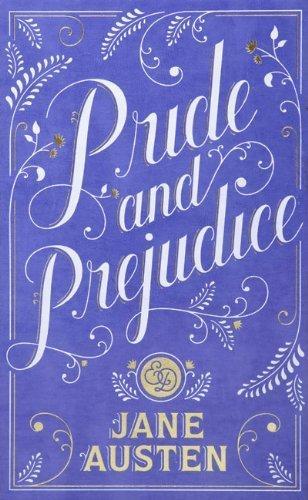
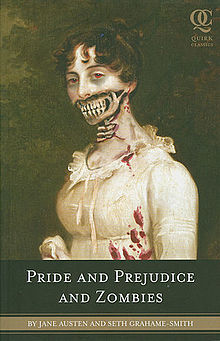
An alternative to this line can be found in Pride and Prejudice and Zombies, the retelling of the Jane Austin classic with “ultraviolent zombie mayhem!” Expectedly, the famous first line of Austin novel was re-written for this retelling:
It is a truth universally acknowledged that a zombie in possession of brains must be in want of more brains.
No question of sexism there.
Do you have a favorite first line to share? If so, please do.
October 20, 2016
"Yeah, but..."
I despise these two words.
It's not that I don't say them, but when I hear myself saying them, I despise myself. I remind myself of how stupid I sound. I'll even apologize for them if the moment is right.

"Yeah, but.." is never good. It's a disingenuous agreement. An artificial attempt to move on. It's the language of those who cry over spilled milk. People who perseverate over past injustice. Individuals who are incapable of putting the unchangeable and implacable behind them and moving on.
It's also the language of the unaccountable. The complainers. The blamers. The finger pointers. Those who cannot give credit where credit is due. Those unable to acknowledge the wisdom or success of others. It's the blunted, ineffectual weapon of the jealous. The envious. The small minded.
"Yeah, but..." is also often a leap into an illogical argument. An unreasoned appeal. An emotion-riddled mess of verbal detritus.
No one likes a "yeah, but..." person. These people are the whiners of the world. They are the people who make bring moments of genuine productivity to a grinding halt.
Seek out the "yeah, buts..." in your own conversations and remove them whenever possible. Despise them as much as I do.
Make the world a better place.
October 19, 2016
Quite possibly Bruce Springsteen's most brilliant and perfect observation ever
Bruce Springsteen on Fresh Air:
Most people’s stage personas are created out of the flotsam and jetsam of their internal geography. They’re trying to create something that solves a series of very complex problems inside of them or in their history.
— Bruce Springsteen
Springsteen is an obvious musical genius. A brilliant writer and musician and performer. My favorite.
It also turns out that he also has the clearest of windows into my soul.

October 18, 2016
Unfair assumption #27: People who object to mothers breast-feeding in public are freakish, worthless prudes and more
It's crazy that some people - mostly men - object to women breastfeeding in public.
Some of these people are downright despicable about it, making passive-aggressive comments to these mother or aggressively chastising them for exposing some or all of their breast.
Their objects are inappropriate. Disgusting. Sexist. Stupid. Narrow minded. Ignorant. Inane, Cruel.
None of those are unfair assumptions. They are simply facts.
But it's perhaps unfair to assume that the people who object to public breast feeding are small minded ignoramuses. Mealy-mouthed twits. Unlovable cretins. Stupid, friendless losers. Creepy slime balls. Worthless bags of beaver dung.
One or two of those might be unfair. Maybe.
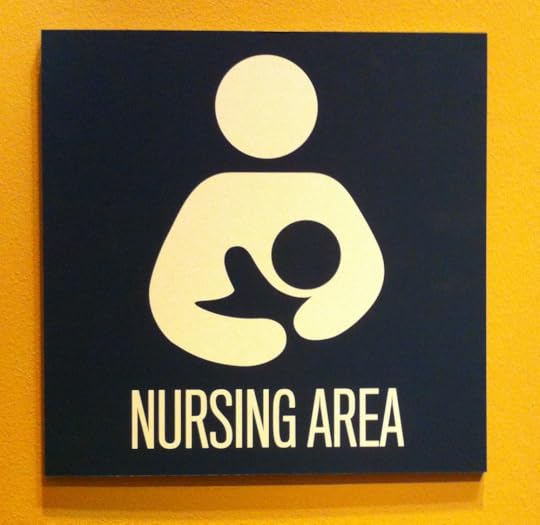
October 17, 2016
This Playmobil bicycle helmet does not appeal to me, and for good reason.
Two or three years ago, this prototype of a bike helmet would have meant nothing to me. I didn't grow up with Playmobil toys. I wouldn't have even recognized this as Playmobil hair.
Now my house is filled with these tiny, plastic things. In fairness, most of them have been purchased by my seven year-old daughter, who diligently saves her money and buys purchases them for herself.
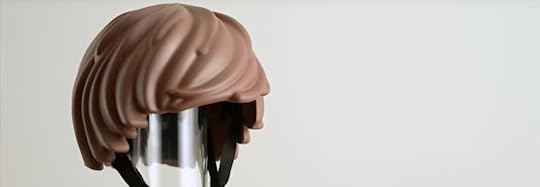
Despite the fact that I step on Playmobil pieces all the time, this bike helmet does not appeal to me. It's clever and amusing, but I would never consider wearing it.
I hate bike helmets anyway.
But the Internet went crazy over this helmet last week. People clamored for it to move beyond the prototype stage and onto store shelves. Adults dreamed of a day when they could wear a helmet just like this as they ride down the street.
I thought they were a little crazy, but I also understood.
I think that some things - toys, foods, books, movies, specific places - become a part of us as children and never leave. They become infused with our DNA and maintain a powerful hold on us for the rest of our lives.
For me, it's canned cranberry sauce. The Twilight Zone. Yawgoog Scout Reservation. Star Wars. Treasure Island. The Atari 2600. The New York Yankees. Whiffle ball. Not wearing a bike helmet.
These are just a few of the passions of my childhood.
But if we miss out on the opportunity to interact with these things as kids, it's much harder to understand or feel the same level of attraction to these things later on.
There is something about childhood that makes things bigger and brighter and better. More permanent, too.
Playmobil didn't play a part in my childhood. The toys existed, but I can't recall ever seeing a single Playmobil set or even watching a Playmobil commercial on TV. For me, it's just a helmet. A weird looking helmet.
It might mean something more to my daughter, though. She may love it someday. She may become one of those crazy adults clamoring for its existence beyond the prototype.
That said, this video on how the helmet was made was pretty fascinating.
October 16, 2016
How Poor Were You?
I spent last weekend in the company of Elysha's 94 year-old grandmother. We call her Nan, and I always love speaking to her. In the midst of our chat, I was reminded of a conversation Nana and I had a couple of years ago.
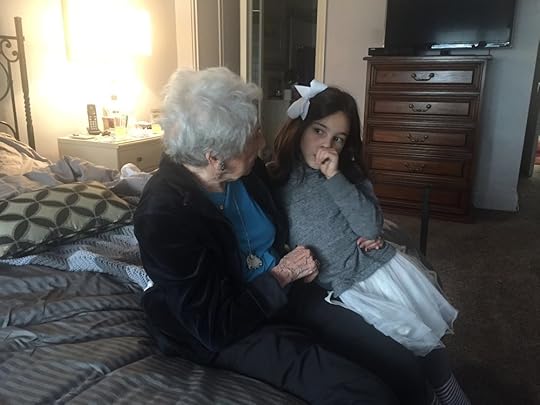
Nana told me about a game that she had played with friends called "How Poor Were You?" Players were challenged to provide evidence as to the extent of their poverty at some previous point in their life, and accolades were given to those who could prove themselves to have been the most poverty-stricken.
The game wouldn't have gone well during our visit, as I suspect that Nana (who grew up during the Great Depression) and I were the only people present to ever feel the sting of real poverty, but it sounded like a fun game just the same.
But I also recall that Nana said something to me in the midst of this discussion that I understood fully, and something that I do not think those who have not experienced poverty could ever truly understand. She said, “We were poor, but there were times when it was fun to be poor. You had to be really creative to survive, and to even eat, and there’s a certain joy in that.”
I couldn’t agree more. There have been times in my life when I was barely able to feed myself, but it was often fun trying to do so.
So in the spirit of "How Poor Were You?" I thought I’d offer some of my most poorest moments here.
From kindergarten through high school, I was eligible to receive free breakfast and free lunch from our school system, and during the summers, I also received free lunch from the park service. I can recall enormous blocks of WIC (Women, Infants and Children) cheese being delivered free-of-charge to my home for much of my childhood, and there were days, and perhaps weeks, when this cheese made up a good portion of my diet.
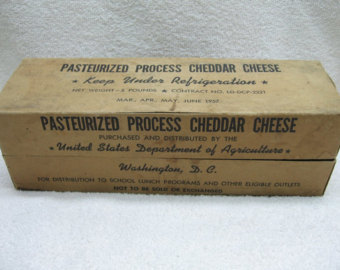
I received my first pair of snow boots at the age of nine after many New England winters spent in tennis shoes wrapped in bread bags.
After high school my roommate and I were so poor that we could not afford to turn on the heat in the winter. We would eat boxes of elbow macaroni (5 for $1) and sit under blankets together on the couch, huddled to keep one another warm while we watched The Simpsons on an ancient black-and-white television set atop an old baby-changing table. The apartment was so cold that the pipes burst in the bathroom and we could routinely see our own breath.
After being homeless and living in my car, I was taken in by a family of Jehovah Witnesses who allowed me to share a converted pantry off the kitchen with a guy named Rick (who spoke in tongues in his sleep) and their indoor pet goat. I did this for almost two years.
I like to think that these challenging times in my life helped to make me the person and the writer that I am today. The constant, almost daily struggle, the need for persistence and perseverance, and the opportunity to experience a varied range of the human condition, from hunger and near homelessness to enormous success and accomplishment, have equipped me with a vast storehouse of memories, experience and understanding from which I can draw.
Sometimes I feel sorry for the people who were born into relative comfort and ease.
Nana was right: Being poor can be fun.
Anyone else experience poverty in their lifetime?
If so, want to play "How Poor Were You"?
October 15, 2016
Unfair assumption #26: Adults who drink milk are lunatics
There's nothing wrong with an adult drinking white milk.
Nothing at all. Truly.
Still, it just seems so wrong to me. Insanity, really.

October 14, 2016
Sometimes a job is more than a job.
I have been teaching at the same elementary school in West Hartford, CT since the fall of 1999. The way that this school and its people have become intertwined in my life astounds me.
Just over the course of the Columbus Day weekend:
I went to a Moth StorySLAM in Boston with a former colleague.I went apple picking with two colleagues and their children.I played golf with two former colleagues and the parent of former students.I exchanged a lengthy set of amusing text messages with the parent of former students. I had lunch with two colleagues. One of my former students babysat my children, as she does quite often. I spent a great deal of time with my wife, who is also a former colleague.Eleven different people in all over the course of four days.
Sometimes a job is just a job. You come and go. Make a friend, perhaps. Eat lunch with coworkers. Share cake in break rooms to celebrate birthdays. You might go home and tell your spouse about so-and-so at work, but the relationships rarely extend beyond the walls of the workplace.
But sometimes a job becomes a part of you. The people who you work with become a part of your life and your soul. They become embedded in all that you do.
They are some of the most important people in your life.
I'm not sure if it's the nature of teaching or the length of time that I have spent in one place or simply the extraordinary people with whom I have worked and whose children I have taught, but many of the most important people in my life were met under the roof of my school.
Teachers. Parents. Students.
I often marvel at how different my life would be today had I not been hired for a teaching job at my school on a morning in May almost 20 years ago.




